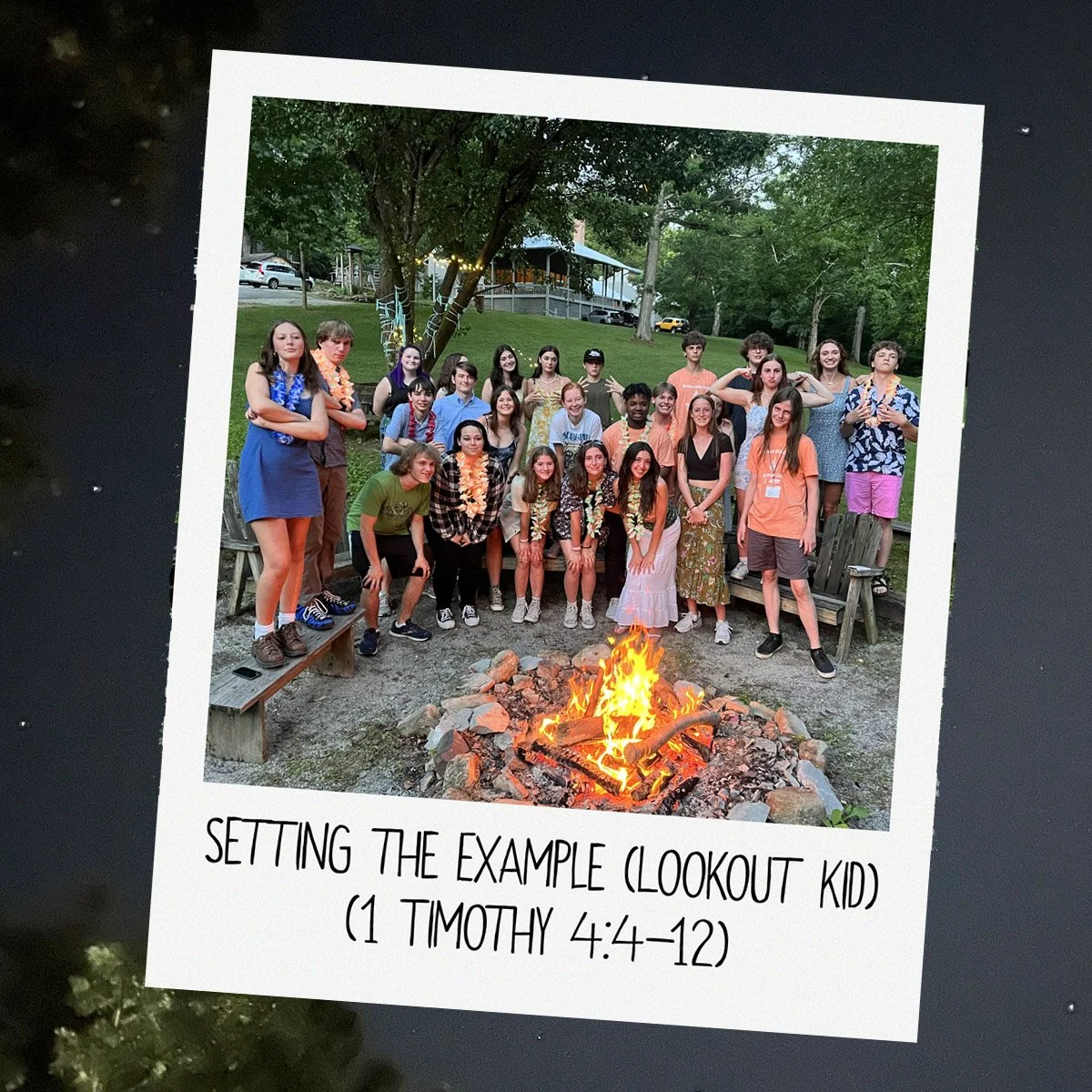Six and a half years ago, we were still living in Spartanburg, SC and I had no idea what I was supposed to do with my life. I had just graduated seminary. I had worked for about 10 years in a ministry where I thought I would serve my entire life, but had come to the slow and difficult realization that I wasn’t supposed to be there. Trouble is, I had no clue where I was supposed to be. I left for an ellipses; the dot dot dot of something to be determined. To help feed a young family, I substitute taught and served as an assistant teacher at our school district’s early childhood center. I gained a huge respect for people who hold down those vocations and I was not happy. I felt lost and adrift.
One evening I went for a walk by myself in our neighborhood and I found myself standing by a pond talking out loud to a God who I wasn’t sure was even there. “Where in the heck are You?,” I remember saying, “I don’t know if I can do this much longer.” I didn’t get an answer that night and went home with nothing more than the catharsis that comes with admitting that something sucks. An answer did eventually come that kept and still keeps me holding on. We’ll get there but to make that journey we need to talk about the stories that Jesus told and still tells.
Throughout the last couple of months, we have been doing this series on the parables of Jesus found in the gospel of Luke. These are legitimately some of my favorite stories in scripture because they are so sneaky brilliant. Jesus tells these of profound religious truth yet the stories themselves are hardly ever in a religious context. These parables are not stories of priests and rabbis and worship services and synagogue meetings. Instead Jesus tells stories of seeds and crops, crooked accountants and weeping tax collectors, runaway sons and stubborn widows. In fact, when Jesus does include the religious in his stories it is often to subvert his listeners’ expectations like when a priest and Levite sidestep a victim of violence to setup a despised Samaritan being the hero. What I love about this way of telling stories is that by taking the things of God and hiding them within these stories of earth and the everyday, Jesus is demonstrating how the holy is all around us.













